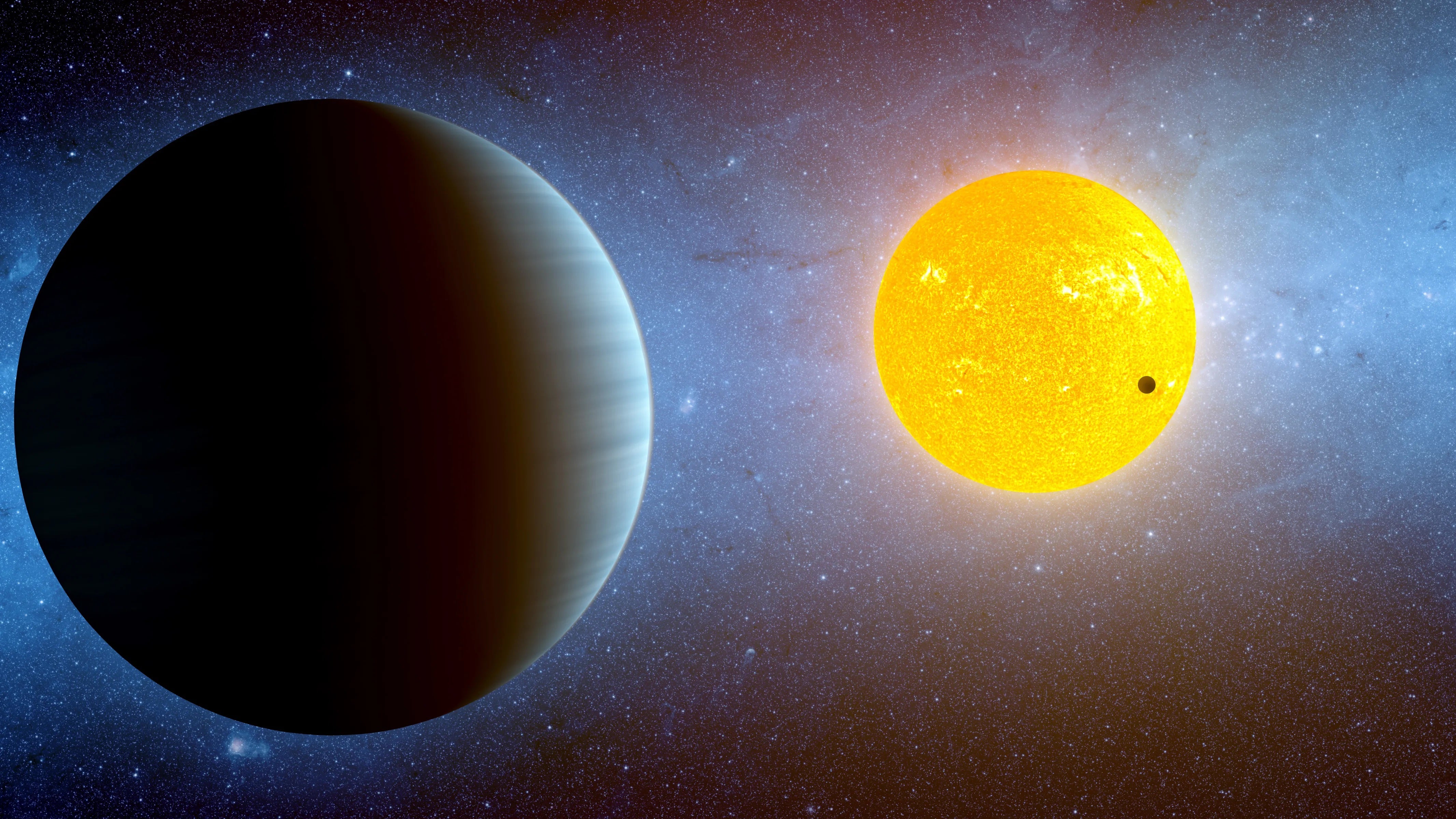Last week, STScI released the results of the JWST Cycle 4 General Observer Program. Competition for observing time was fierce, with 2,377 proposals requesting over 75,000 hours, while only 8,500 hours were available, resulting in a 10:1 oversubscription rate.

Lisa Dang, an incoming Assistant Professor at the University of Waterloo, has been awarded 100 hours of JWST observing time in Cycle 4 for her program, "Surveying Hellish Worlds: Lava Planets as Time Capsules of Thermal Evolution." This ambitious study will use full-orbit phase curves to investigate the molten surfaces and interior of some of the most extreme exoplanets known. To contextualize this, one second of JWST time is estimated to be worth $35, therefore this allocation translates to $12.6 million!
By leveraging JWST’s cutting-edge infrared capabilities, Dang’s research aims to unravel how these planets cool and evolve over time, providing crucial insights into atmospheric evolution, heat redistribution, and the geophysical processes that shape rocky worlds. This program will push the boundaries of exoplanetary science, offering a unique window into the early evolution of terrestrial planets, including possible extreme analogs to early Earth and Venus.
With 100 dedicated hours of JWST time, Dang’s work cements Canada’s leadership in exoplanet characterization and highlights the University of Waterloo as a newly formed hub for exoplanetary science.
Image credit: Illustration of Kepler-10 b. NASA/Ames/JPL-Caltech/T. Pyle